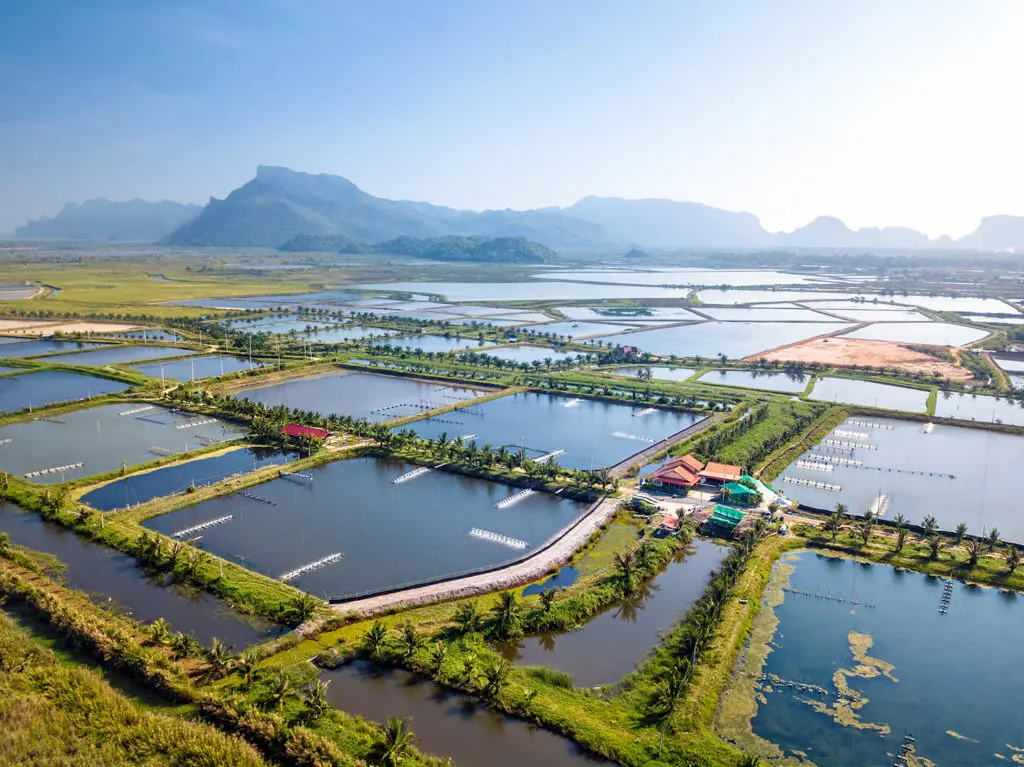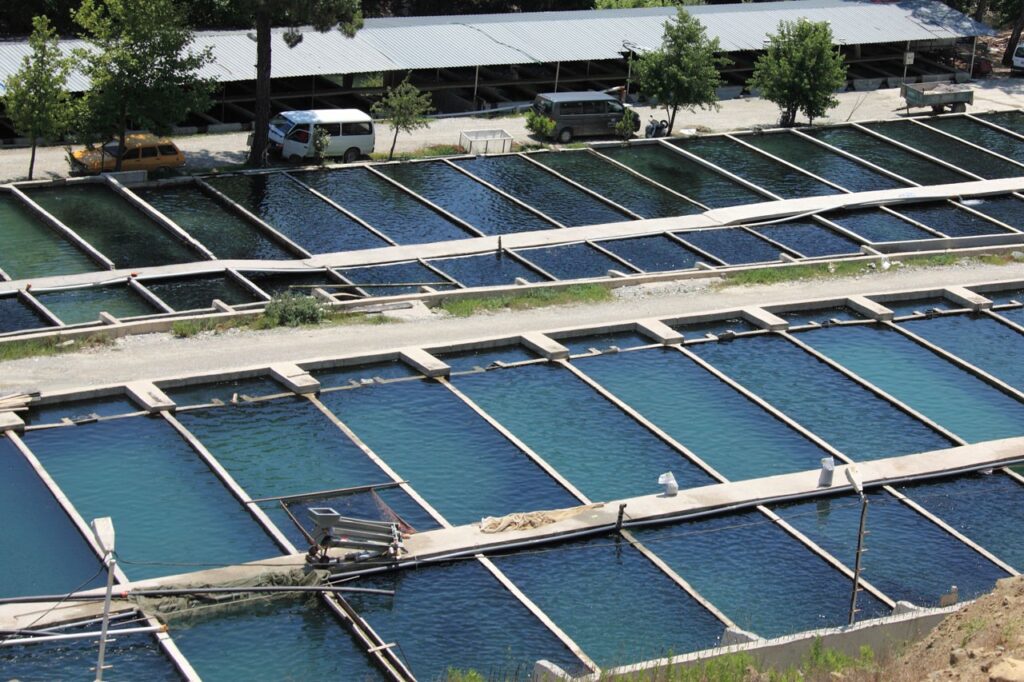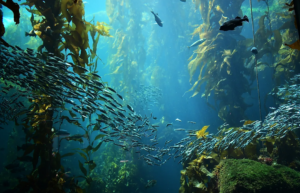
Best Practices for Aqua Culture
Aquaculture practices present a promising approach to address food security challenges in developing nations, particularly in rural areas. Unlike conventional and intensive forms of aquaculture, aquaculture offers several unique advantages:
1. Simple Technology:
Aquaculture employs straightforward technology that is easily learned and adopted by farming communities. This accessibility enables even those with limited resources or technical expertise to participate effectively.
2. Minimal Capital Costs:
One of the key benefits of aquaculture is its low capital requirements. By utilizing existing infrastructure and leveraging the natural productivity of rural ecosystems, aquaculture minimizes the need for costly investments in equipment or facilities.
3. Improvement of Livelihoods:
By engaging in aquaculture practices, rural communities can enhance their livelihoods and increase their income. This economic empowerment contributes to poverty alleviation and overall community development.
4. Food Security and Nutritional Well-being:
Aquaculture plays a vital role in improving food security by increasing access to nutritious fish protein. Fish is a valuable source of essential nutrients, and its inclusion in diets can significantly enhance nutritional well-being, particularly in areas where protein deficiency is prevalent.

Source: globalseafood.org
5. Collective Endeavor:
Aquaculture is well-suited for adoption as a collective endeavor, fostering cooperation and collaboration among community members. By working together, communities can pool resources, share knowledge, and collectively benefit from the outcomes of their efforts.
6. Sustainability:
Perhaps most importantly, aquaculture practices are sustainable and environmentally friendly. With minimal greenhouse gas emissions and no external power or feed inputs required, aquaculture minimizes its environmental impact while maximizing the productivity of natural ecosystems.
Conclusion:
Aquaculture represents a holistic and inclusive approach to aquaculture that not only addresses food security challenges but also promotes community development, environmental sustainability, and economic resilience in rural areas. By harnessing the potential of local ecosystems and empowering communities, aquaculture offers a pathway towards a more secure and sustainable future for vulnerable populations.
Frequently Asked Questions(FAQ)
What is aquaculture, and how does it differ from conventional forms of fish farming?
Aquaculture refers to the cultivation of aquatic organisms such as fish, shellfish, and aquatic plants in controlled environments. Unlike conventional forms of fish farming, aquaculture emphasizes sustainable practices and often utilizes natural ecosystems to enhance productivity.
What are the advantages of aquaculture over traditional farming methods?
Aquaculture offers several advantages, including minimal capital costs, simple technology that is easily adopted by farming communities, and sustainability with low environmental impact. Additionally, aquaculture contributes to improving livelihoods, food security, and nutritional well-being in rural communities.
How does aquaculture contribute to food security and nutritional well-being?
Aquaculture plays a crucial role in improving food security by increasing access to nutritious fish protein. Fish is rich in essential nutrients and is a valuable source of protein, particularly in regions where protein deficiency is prevalent. By incorporating fish into diets, aquaculture enhances nutritional well-being and promotes healthier communities.
Why is aquaculture well-suited for adoption as a collective endeavor?
Aquaculture fosters cooperation and collaboration among community members, making it well-suited for collective endeavors. By working together, communities can pool resources, share knowledge, and collectively benefit from the outcomes of aquaculture practices, thereby enhancing economic resilience and community development.
What are the sustainability aspects of aquaculture?
Aquaculture practices prioritize sustainability by minimizing environmental impact, reducing greenhouse gas emissions, and conserving natural resources. By utilizing existing infrastructure and natural productivity, aquaculture practices promote long-term environmental sustainability while maximizing the productivity of aquatic ecosystems.


